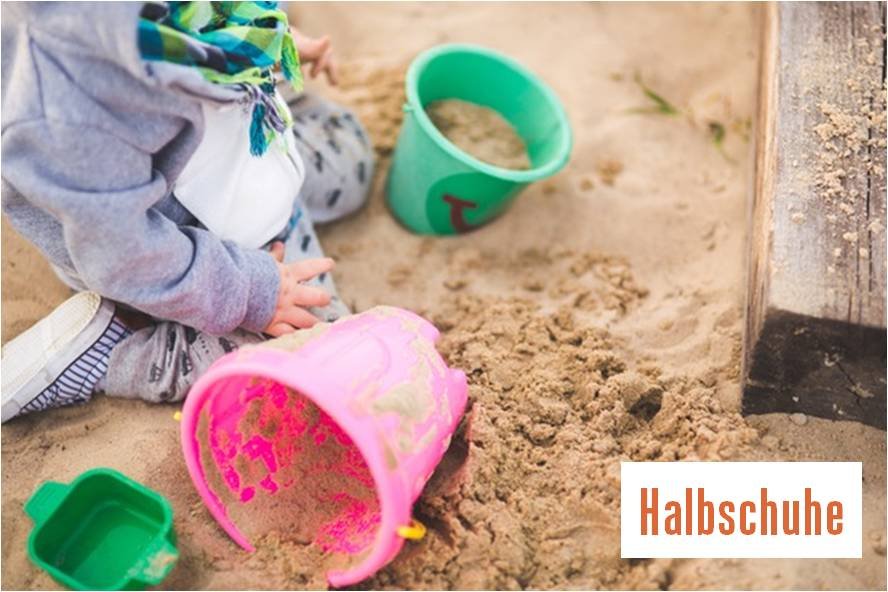
Photo: Munir zu Zaman / AFP / Getty Images
More than a hundred seamstresses died in a fire in a textile factory north of Dhaka in Bangladesh at the end of November. The accident has once again drawn the media’s attention to the lack of safety regulations in the factories and inhumane working conditions. Bangladesh has the lowest wages worldwide – and the industry is thriving. Last year alone, it grew by 40 percent. Chains like C benefit from the low wages&A, which had production in the accident factory. The discounters Kik, Lidl, H have come under criticism&M and Zara.
Example child labor
As in the past, there have always been voices in the past that call for a boycott of products produced under low-wage conditions – be it clothing, furniture or – the latest problem branch – cell phones and tablet computers. An author of the Oxford blog Practical ethics has recently considered the consequences of such a boycott. Your example: The boycott of products that use child labor in their manufacture. Not the entire discussion can be directly transferred to the working conditions of adults. But a lot.
"Even if the boycott is based on honorable intentions," the author writes, "it can be wrong in practical terms to force companies to fire their child laborers. The main reason that children work is poverty. For them, making money is an inevitable necessity. If they have to give up their jobs at western companies, they are forced to look for another source of income – and it is quite possible that this would not be to their advantage. ”An example of a case where this could actually be observed, occurred in the United States a few years ago. Congress has threatened to put a barrier on clothing made by children under the age of 14 in Bangladesh. The result: 50,000 of these children had to give up their jobs in the textile industry and instead collect rubbish, work in quarries or even go into prostitution.
The opinion of economists
Economic research deals systematically with the (unintended) consequences that a product boycott can have. Simulation models by scientists from Cornell University and the Santa Clara University on child labor, published a few years ago in the Journal of Development Economics, suggest that boycotting products can, under certain circumstances, even cause child labor to increase rather than decrease. The basic idea: Reduced demand means that producers try to compensate for their losses by selling even larger quantities – at a lower price than before. Wages are falling accordingly. Even more children have to work so that households can maintain their income improved through child labor.
What follows from such insights? The blog author on Practical Ethics draws the following conclusion: "Before tackling the problem of general poverty, one should think about creating safe working conditions for children instead of forcing companies to dismiss children through boycotts or legal regulations." And further: “The next time someone wants to convince me to boycott certain products of a company, I will not join this boycott as long as I no longer know the actual living conditions of the children concerned. What do you mean?"
What follows from it?
There is a great deal to be said against this conclusion. First, having doubts about the effectiveness of boycotts is not a particularly strong reason not to join them. Why should the burden of proof be on those who for call for a boycott – and not for those who are skeptical, but not skeptical either facts can underpin?
Furthermore, the authors of the economic study cited do not seriously pursue the possibility that boycotts (by using detours, for example, through certificates for "fairly" manufactured products) could also lead to conditions changing within an entire industry. Can one really sweep this possibility off the table with reference to economic theoretical knowledge? There is no evidence that you can fall back on?
Finally, if a boycott of child labor would end up putting the children in a worse position than before, does it not follow that whoever wants to help the children should buy as many products as possible that are manufactured using child labor? Confidence in economic theories has to be fairly large to join such a nonsense.
RELATED ITEMS
-

Companies benefit from the suffering of many children The unscrupulous business with child labor. There are frustrating numbers that the international…
-

Italian shoe brands – shoes made in italy – buy cheap online
Shoes from Italy stand for traditional craftsmanship, exceptional design, top quality and high wearing comfort. The use of…
-

Help for women and children in Bangladesh, german doctors blog
Help for women and children in Bangladesh As a doctor in Chittagong: Mission diary part 5 Our help for women in Bangladesh takes place directly in the slum…
-

Buy cheap children’s shoes online!
Children’s shoes are such a thing! On the one hand, the quality is particularly important to us, after all, the kids run around with it all the time…
